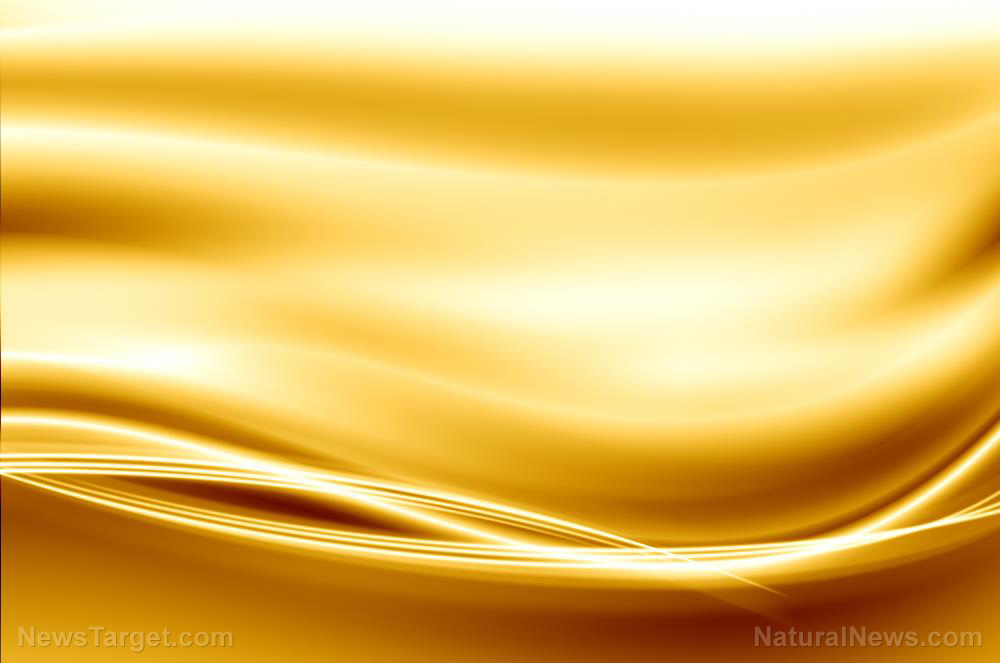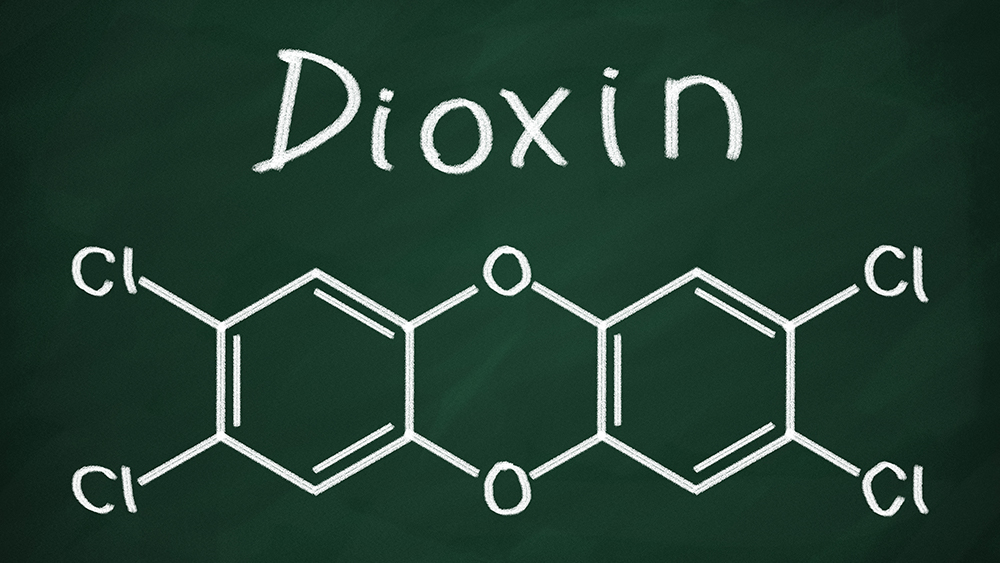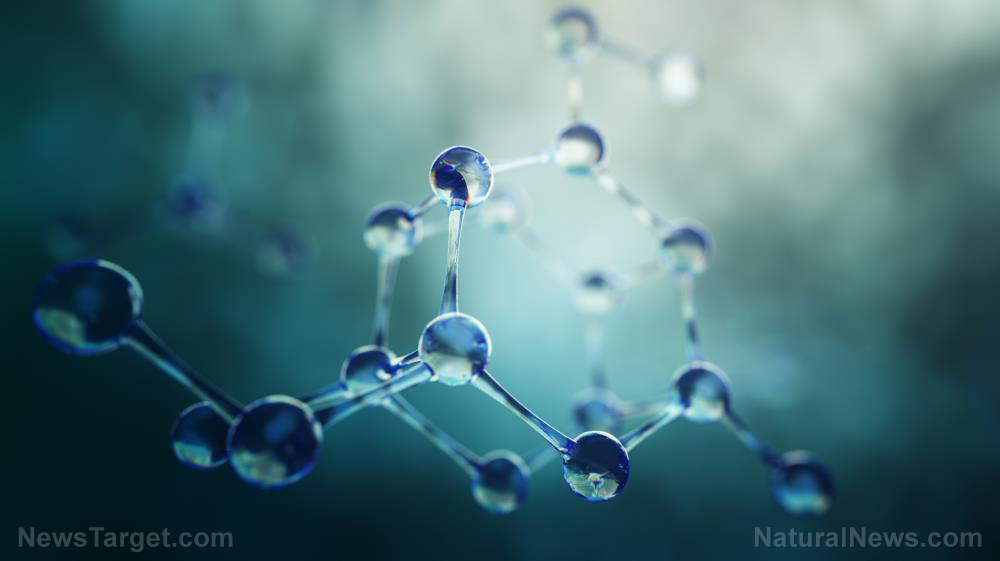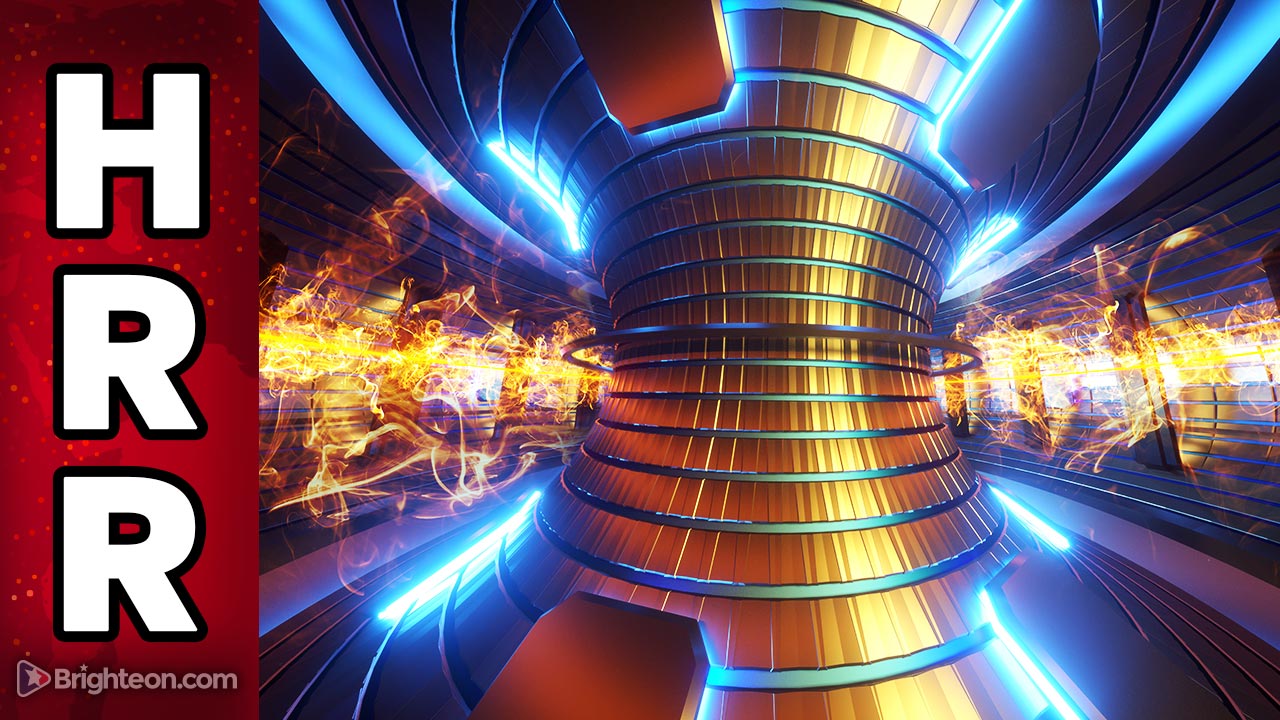
Synthesized by researchers at the University of Leeds, the material, which is one million times thinner than a human fingernail, is seen to have potential applications in the electronics and medical industries, as well as in industrial chemical processes.
According to lead author Sunjie Ye, a Postdoctoral Research Fellow at Leeds' Molecular and Nanoscale Physics Group, their work on the 2D gold nanosheet is a landmark achievement, as it not only opens up the possibility of using gold in existing technologies, it also provides a route for other materials scientists who wish to conduct similar experiments with other metals in the future.
"This method could innovate nanomaterial manufacturing," Ye said of their final product, which is considered to be the thinnest unsupported gold product ever created.
"Our work represents the first fabrication of freestanding 2D gold with a sub-nanometre thickness, that is, we have brought 2D gold to sub-nanometre scale, which is a new focus of nanotechnology," Ye explained.
In order to create the nanosheets, the researchers first mixed chloroauric acid – an inorganic compound that contains gold – into an aqueous solution that contains sodium citrate. Methyl orange is then added into the solution, with the latter component acting as a confinement agent that prevents the gold in the chloroauric acid from forming 3D shapes.
After being kept undisturbed for 12 hours at ambient temperatures, the chloroauric acid was reduced to its metallic form, with the confinement agent having encouraged the gold to form a two atom-thick sheet.
As detailed in the journal Advanced Science, the gold nanosheet is regarded as a 2D material since it consists of just two layers of atoms, both of which are sitting on top of one another.
It is this thinness that makes the material up to 10 times more efficient as a catalytic substrate than the industry-standard gold nanoparticles, which are 3D materials with the majority of atoms residing in the bulk rather than at the surface. (Related: Energy from an unlikely source: A combination of microbes and graphene could make inexpensive and eco-friendly energy.)
This was seconded by Stephen Evans, the head of Leeds' Molecular and Nanoscale Research Group.
"Gold is a highly effective catalyst. Because the nanosheets are so thin, just about every gold atom plays a part in the catalysis. It means the process is highly efficient," Evans said.
In addition to it being an effective catalyst, Evans noted that similar benchmark tests also revealed that the gold nanosheets – also dubbed gold nanoseaweed because of its peculiar form – could even act as highly effective artificial enzymes that could be applied in water purification systems.
"I think with 2D gold we have got some very definite ideas about where it could be used, particularly in catalytic reactions and enzymatic reactions. We know it will be more effective than existing technologies – so we have something that we believe people will be interested in developing with us," Evans stated, adding that because the gold nanosheets themselves are very flexible, there is a possibility that they could also be used to form the basis of bendable electronic screens, electronic inks and even transparent conducting displays.
In addition, Ye said, the material could also be used in the creation of rapid, point-of-care medical diagnostic tests and bio-sensing devices that can be operated at home whose results can be easily observed by the naked eye.
“The ultra-sensitivity will enable the detection of analytes at very low concentration,” Ye said, adding that it can even help facilitate the early detection of disease.
Evans, in a statement, noted that their team’s creation of gold nanosheets will invite criticism, as well as inevitable comparisons to graphene, the very first 2D material to be created.
"The translation of any new material into working products can take a long time and you can't force it to do everything you might like to. With graphene, people have thought that it could be good for electronics or for transparent coatings - or as carbon nanotubes that could make an elevator to take us into space because of its super-strength,” Evans explained.
Sources include:
Please contact us for more information.























